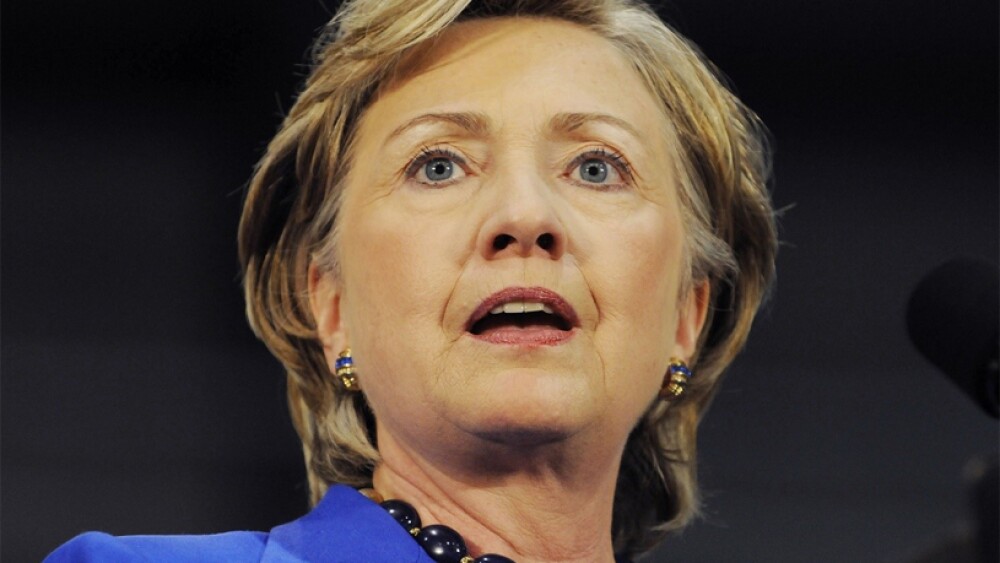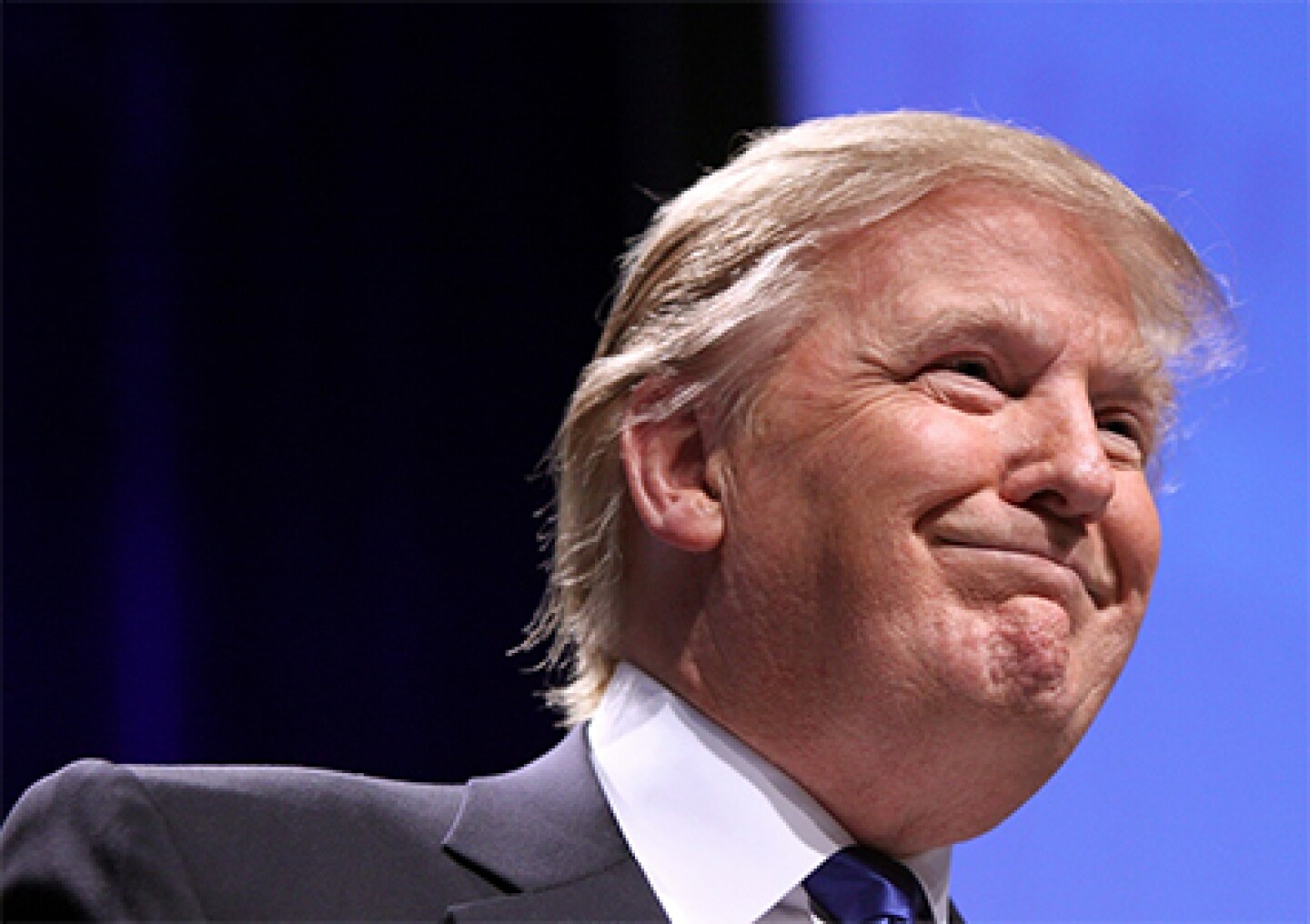October 19, 2016
By Alex Keown, BioSpace.com Breaking News Staff
NEW YORK – Despite calls for curbing high drug prices and criticisms over executive salaries, Hillary Clinton seems to have the most support from pharmaceutical executives, according to a recent survey of 100 biotech executives conducted by Endpoints.
According to the survey, 65 percent of the respondents said Clinton was preferable for the industry, while 10 percent thought Republican candidate Donald Trump would be better. Still, 25 percent of the executives thought neither candidate would make a difference to the global biotech industry.
The executives anonymously confirmed they were more in favor of a Clinton White House over a Trump presidency. But, Endpoints noted readers should not “mistake the 65 percent support that Hillary Clinton gets in this group as the best candidate for biotech as evidence of enthusiasm.” That sentiment is certainly supported by some of the comments the executives made anonymously.
One respondent said of Clinton that she “actually at least understands the topic and the questions and challenges. She also understands what she can and cannot achieve with a split Congress and Senate.”
Another said Clinton is able to string coherent thoughts together, although the respondent said he/she was “not a huge fan of Hillary.”
Another executive who said Clinton would be better thought a White House with her at the helm would be an easier world to work in in comparison to a Trump White House, which he said would have the U.S. “involved in an ongoing nuclear exchange with North Korea, or perhaps France.”
Still, some of the respondents worried about an antagonistic Clinton in regards to drug pricing. “Don’t get me wrong, he (Trump) would be a terrible president, but would be ambivalent to biotech whereas Hillary is more likely to have committed herself to an antagonistic role.” Last year, Clinton proposed to cap monthly out-of-pocket costs for prescription drugs at $250 following the 5,000 percent price increase in a 65-year-old toxoplasmosis drug by Martin Shkreli, the former CEO of Turing Pharmaceuticals who is not facing seven counts of fraud. In addition to the price cap, Clinton’s campaign said she would also seek to curb the amount of money drug companies can spend on advertising. The campaign said part of the plan would also seek to ensure federal regulation through the U.S. Food and Drug Administration that would ensure all prescription drug advertisements would provide “clear information to consumers.” Her announcement caused a big dip in the shares of a number of pharmaceutical companies, with the top 20 drugmakers saw their stocks fall an average of 2 percent.
Trump has called for the federal government supported prescription programs to negotiate drug prices. He said such a maneuver could save up to $300 billion, annually.
One of the pharma executives surveyed by Endpoints seems to think Trump’s plan, as well as his pro-business acumen would benefit the global pharma industry. A Trump presidency would mean “better appreciation of value to U.S. of biotech industry in terms of innovation, jobs and leadership and how appropriate value based pricing fuels more discover and innovation.”






